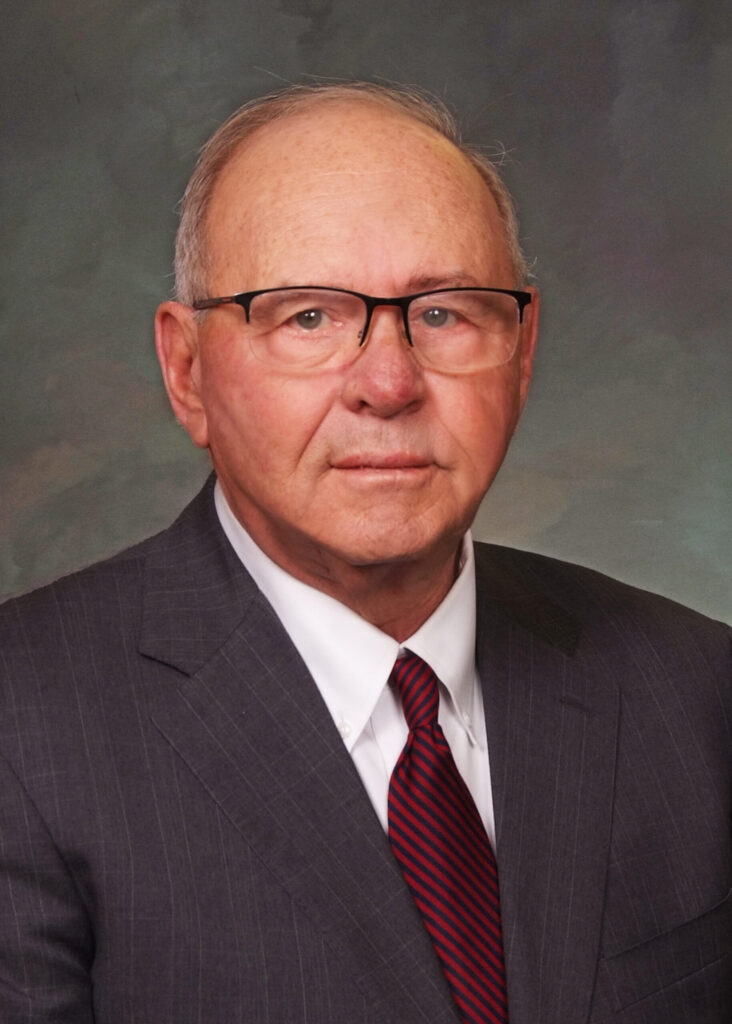Coloradans can make mental health care more available | OPINION

Dr. Benjamin Miller

Dr. Abraham Nussbaum
Earlier this month at the hospital, a mother asked one of us, “Why can I get care when my son’s appendix bursts, but not when his mind breaks?”
For the last 20 years, family members and friends have asked both of us some version of the same question. A son or daughter is finally ready to seek help for a depression that has them thinking of suicide or a psychosis that has alienated them from everyone they love. With a parent’s support, they raise their hand to seek help, only to find they can’t access it. Their insurance won’t cover the care they need, despite the promise of mental health coverage. If an appointment is available, the only doctors are out-of-network. They feel hopeless all over again and tell us they don’t understand why it is so hard to find help.
Lately, we’ve been able to tell patients and their loved ones there’s a way to make it better.
HB25-1002, the Fair Standards in Mental Health Care bill, closes loopholes that allow insurance companies to deny or limit coverage for mental health and substance use treatment. Passing HB25-1002 would mean the Colorado families we care for will receive the kinds of basic protections we secured long ago for physical health.
Stay up to speed: Sign up for daily opinion in your inbox Monday-Friday
Colorado families need this security because more than 75% of Coloradans with commercial insurance and a diagnosed mental health condition did not receive the care they needed last year. Coloradans are currently nine times more likely to be forced to see an out-of-network doctor for mental health care than for primary care, leading to unaffordable costs that only stress a parent, bankrupt a family, or worse. Suicide is the leading cause of death for high school students in Colorado, but one-third of our high schoolers with major depression receive no treatment at all.
Every Colorado family has trouble when attempting to access mental health care. These difficulties fail our families, erode the health of our communities, and slow down our economy. When mental health and substance use treatment is delayed or denied, the consequences are devastating: more hospitalizations, more suicides, more overdoses and a growing burden on emergency rooms and social services. Employers see increased absenteeism and lost productivity. Families are forced into financial ruin, paying out-of-pocket for care they should have received under their health plans. We can do better.
Today, insurance companies hold too much power in deciding what care is “medically necessary” for mental health and substance use treatment. This allows them to override doctors’ recommendations and deny life-saving care based on vague, opaque, and self-serving criteria.
HB25-1002 fixes this by:
- Ensuring medical necessity is determined by evidence-based, doctor-established standards, not by insurance companies looking to cut costs.
- Requiring transparency when insurers deny care so patients and doctors understand the criteria used and can challenge unfair denials.
- Preventing insurers from “clawing back” previously approved payments for mental health and substance use treatment, a practice that leaves patients and doctors on the hook for unexpected bills.
This is a bipartisan issue. Mental health and substance use disorders affect every community, every family, every economic bracket. The question is not whether we should fix this broken system, but whether our leaders have the courage to make the change their constituents desire. Eighty-seven percent of Coloradans support requiring private health insurance companies to cover mental health care deemed medically necessary by a patient’s doctor.
We are mental health leaders who have seen firsthand the suffering caused by delayed and denied mental health care. We are also fathers, husbands, and community members who know this issue touches all of us. Colorado has led the way on many health care innovations before, but we still must look mothers in the eyes and apologize for how hard it is to get mental health care help.
We can respond better to a mother’s request. We urge Gov. Jared Polis to sign HB25-1002 and give Coloradans the fair mental health coverage they need and deserve.
Dr. Benjamin F. Miller, PsyD, is a clinical psychologist by training and an academic, executive, and policy expert. Dr. Abraham Nussbaum is a physician who serves patients hospitalized with mental health crises at Denver Health, where he also serves as chief education officer.










